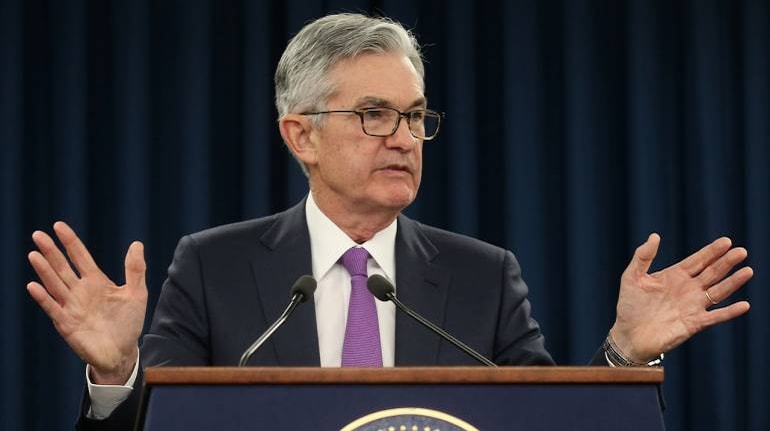
US regulators have held a closed meeting of the Financial Stability Oversight Council to discuss banking sector conditions following the recent withdrawal of $98.4 billion of deposits by customers, with the bulk of the money coming from small banks.
While the withdrawals may have caused alarm, experts said the banking system is resilient and the withdrawals were due to economic uncertainty and lower interest rates.
The meeting on March 24 was attended by treasury secretary Janet Yellen, Federal Reserve Chairman Jerome Powell and other officials who were briefed on market developments by a New York Fed staff member.
Small banks' loss is big banks' gain
In a statement after the meeting, the council assured the public that the US banking system remains safe and resilient despite some institutions coming under stress.
They also discussed ongoing efforts to monitor financial developments and to improve the banking system's resilience to financial shocks. There were no other details provided on the meeting.
The withdrawals, 0.6 percent of the total, brought deposits down to just over $17.5 trillion. Deposits have been on a steady decline over the past year, falling $582.4 billion since February 2022, according to the Fed data released on the day. However, large institutions saw deposits increase by $67 billion, while smaller banks saw outflows of $120 billion.
Money market mutual funds, which offer higher yields compared to the lower interest rates offered by banks, have seen assets rise over the past two weeks, up $203 billion to $3.27 trillion, according to Investment Company Institute data through March 22.
This trend is not new and was observed during the financial crisis of 2008 when many investors moved their deposits from banks to money-market funds to minimise their risks.
The recent withdrawals from banks do not indicate a larger problem in the banking system. The Federal Reserve has taken measures to ensure that banks have enough cash on hand to weather any potential financial shocks. Banks' capital and liquidity buffers remain strong, which gives them the ability to withstand any unforeseen challenges.
Powell sought to assure the public earlier this week that the banking system is safe. He said deposit flows "have stabilised over the past week" following "powerful actions" from the Fed to backstop the system.
Banks have been flocking to emergency lending facilities set up after the failures of Silicon Valley Bank and Signature Bank in recent weeks.
Data released on March 23 showed that institutions took a daily average of $116.1 billion of loans from the central bank's discount window, the highest since the financial crisis, and have taken out $53.7 billion from the Bank Term Funding Program.
'Deposits safe'
Powell reiterated that the Fed has the tools to protect depositors when there's a threat of serious harm to the economy or to the financial system, and that depositors should assume that their deposits are safe.
In conclusion, while the recent withdrawals from banks in the United States may have caused concern, experts agree that they do not indicate a larger problem in the banking system.
The American central bank has taken measures to ensure that banks have enough cash on hand to weather any potential financial shocks, and the banks' capital and liquidity buffers remain strong.
The recent withdrawals are a reflection of the current economic environment, characterised by rising interest rates and uncertainty. The Federal Reserve is also exploring ways to improve the banking system's resilience to financial shocks, including the introduction of a digital currency backed by the central bank.